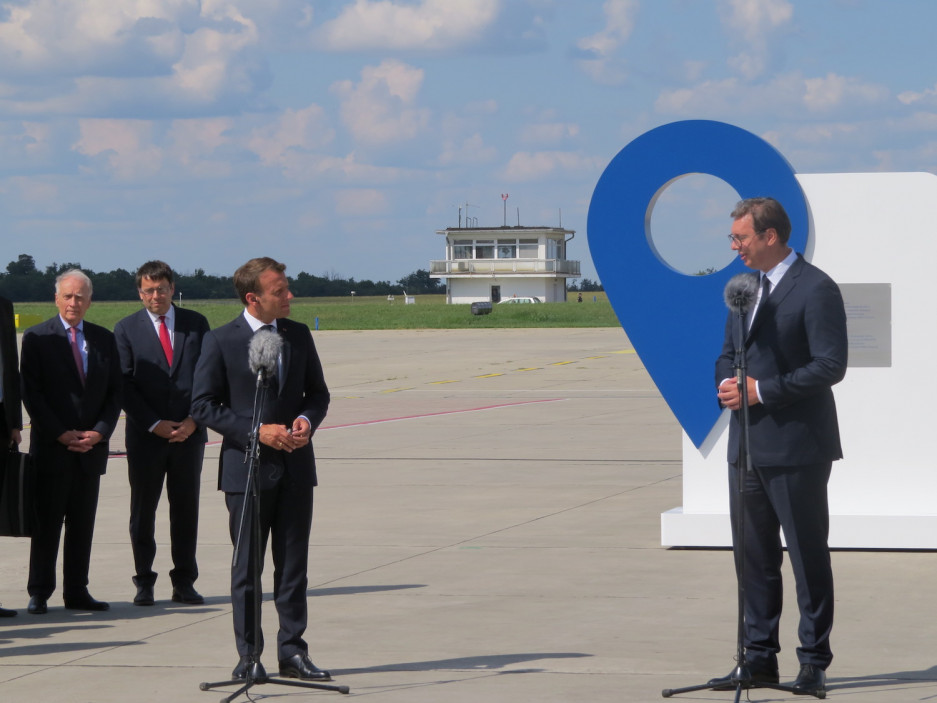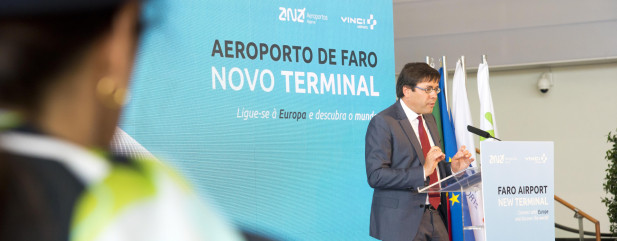
Positive Mobility
eMagMobility, a source of Soft Power?

Now, more than ever, countries, regions and territories need to promote themselves. As competition gets fiercer, they are under increasing pressure to boost their image. Not only to attract tourists, but also to convince businesses, investors, students, researchers and innovators to come to their area of influence and build the future there. Following in the footsteps of the “France” brand registered by the French government in 2008, more and more regions and territories are positioning themselves as brands, rolling out private sector-style identity, marketing and communication strategies. The value of country brands is even ranked internationally by initiatives such as the FutureBrand Country Index .
But what exactly does a strong country brand signify today? What gives it value? In our globalised world with its increasingly interconnected economies, mobility is a decisive factor.
At VINCI Concessions, our role as partner to regions and territories places us on the front line of mobility. One example is Serbia’s decision to commission VINCI Airports to modernise Belgrade’s international airport as part of its new strategy to promote the country’s culture and economy in Europe, baptised Future Serbia. Underscoring the project’s strategic nature, the modernisation project was launched in July 2019 in the presence of two heads of state, Serbian President Aleksandar Vučić and his French counterpart, Emmanuel Macron. Another example is Portugal’s success in overcoming the 2008 financial crisis, thanks mainly to an upsurge in tourism with the 150 new air routes VINCI Airports has opened since 2012 and the resulting positive knock-on effects on job creation.
But the impact is not purely economic: mobility is also part and parcel of a region’s prestige. It is no accident that the city of Lyon was included in the New York Times’ prestigious selection of 50 places to go in the world (ahead of Los Angeles and Hong Kong!) the same year its airport was ranked number 1 in Europe by the Airport Council International (ACI).
The same promotional imperatives underpin nations’ eagerness to win competitions for holding major international events. A phenomenon illustrated by the worldwide visibility the Kansai region in Japan has acquired since adopting a proactive policy for developing its airports: following on from the G20 summit in June 2019, Osaka is hosting the Rugby World Cup in September and the World Expo in 2025 and taking part in the 2020 Olympic Games.
Economic power, international visibility and cultural influence: the very definition of soft power, rooted primarily in broad cooperation between public and private stakeholders, a domain where VINCI Concessions and VINCI Airports play a key role. As experts in infrastructure and mobility services, we work with governments so we can fully understand their vision and embody it in the airports, roads and railways we operate.
Without, of course, losing sight of what counts the most: mobility is at the heart of the promise regions and countries make to their inhabitants. Quality of life, access to employment, culture and travel are directly linked to the scope of the transport and logistics infrastructure that covers a given territory. In short, behind the geopolitical and macro-level issues, mobility is first and foremost about humans.
Nicolas Notebaert, Chief Executive Officer of Concessions at VINCI, President of VINCI Airports and VINCI Autoroutes

Opportunities of a world on the move
Freedom, a right and a need – mobility is a key concept in our modern world. For individuals, their access to work, ...
Discover